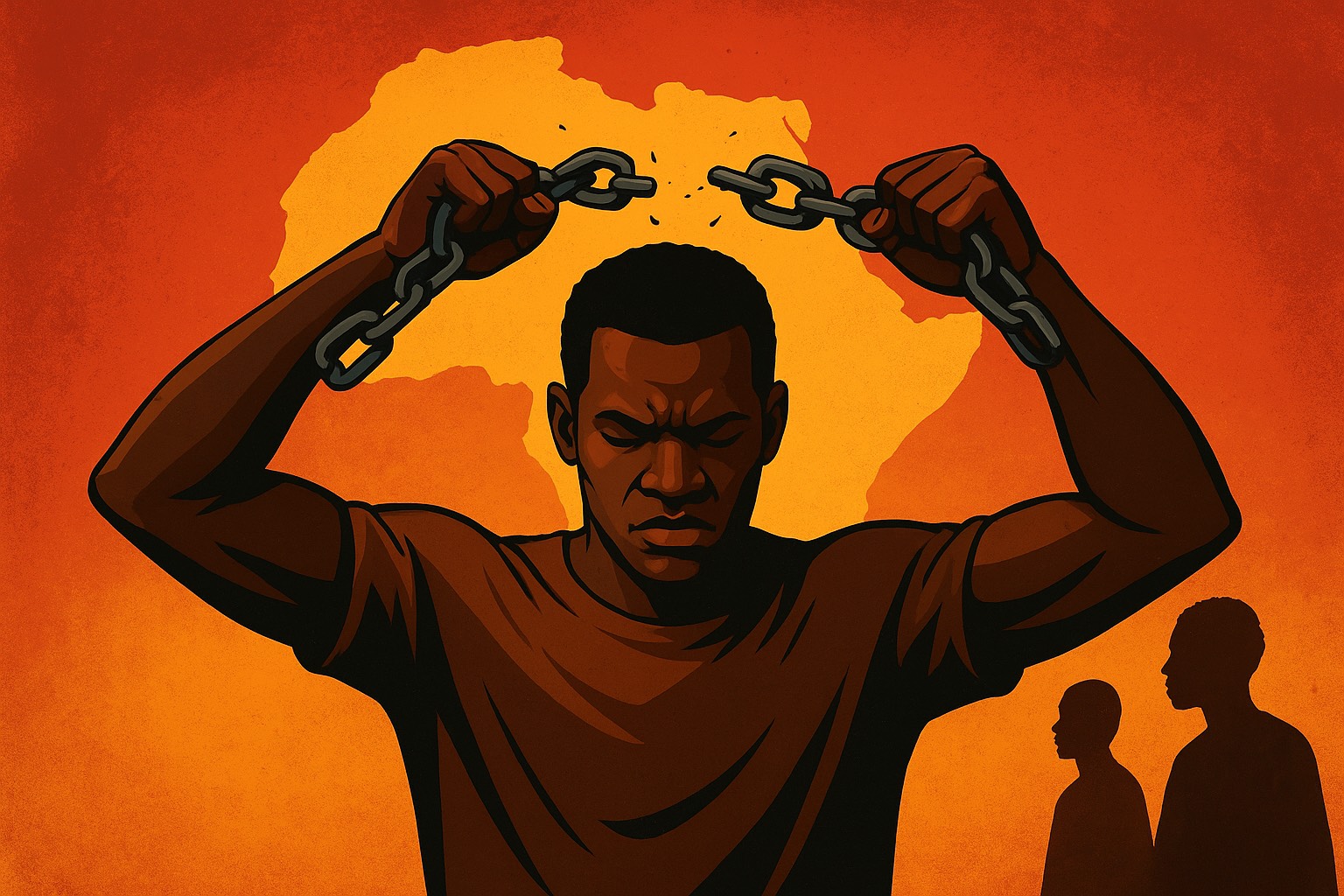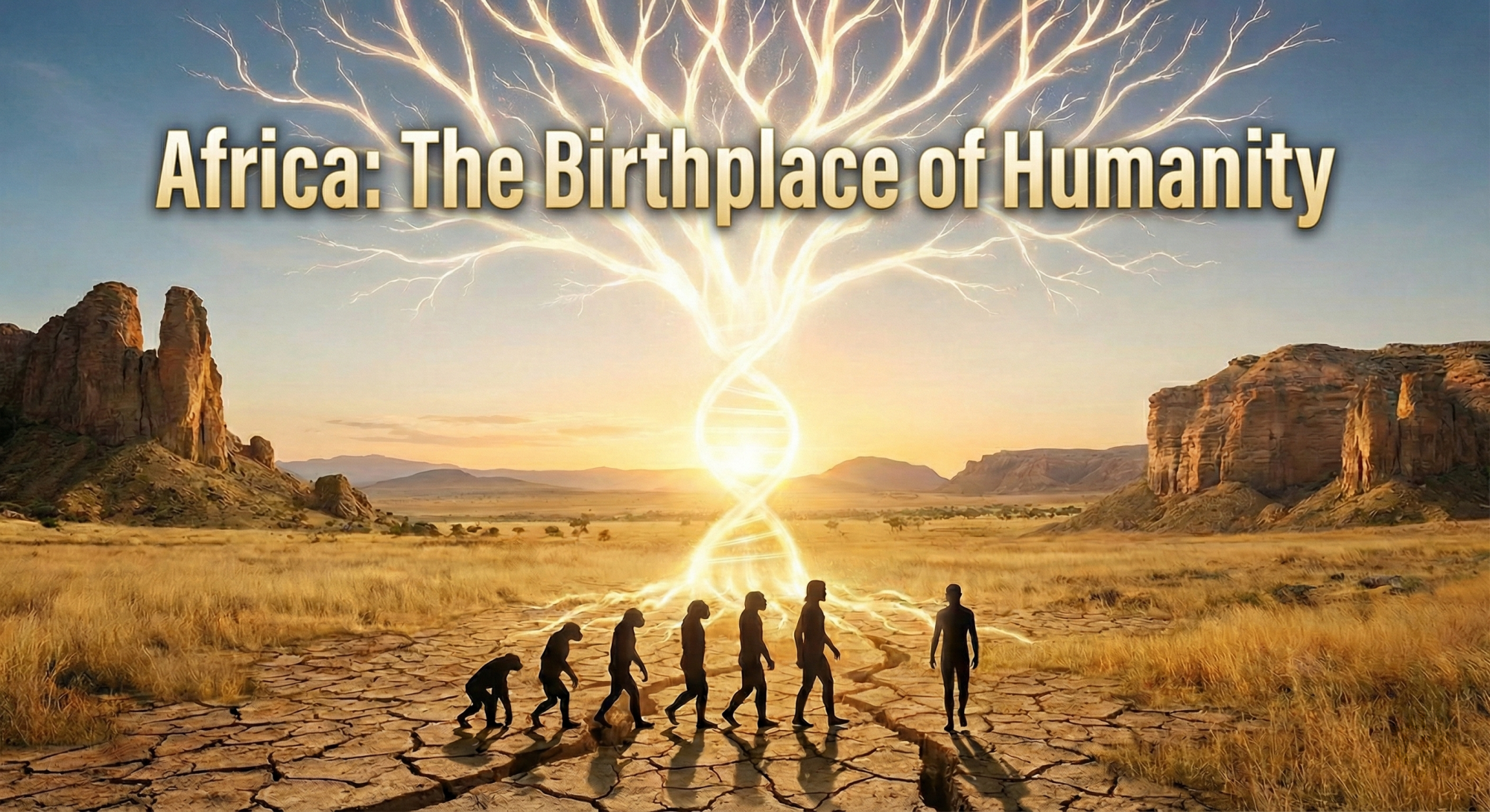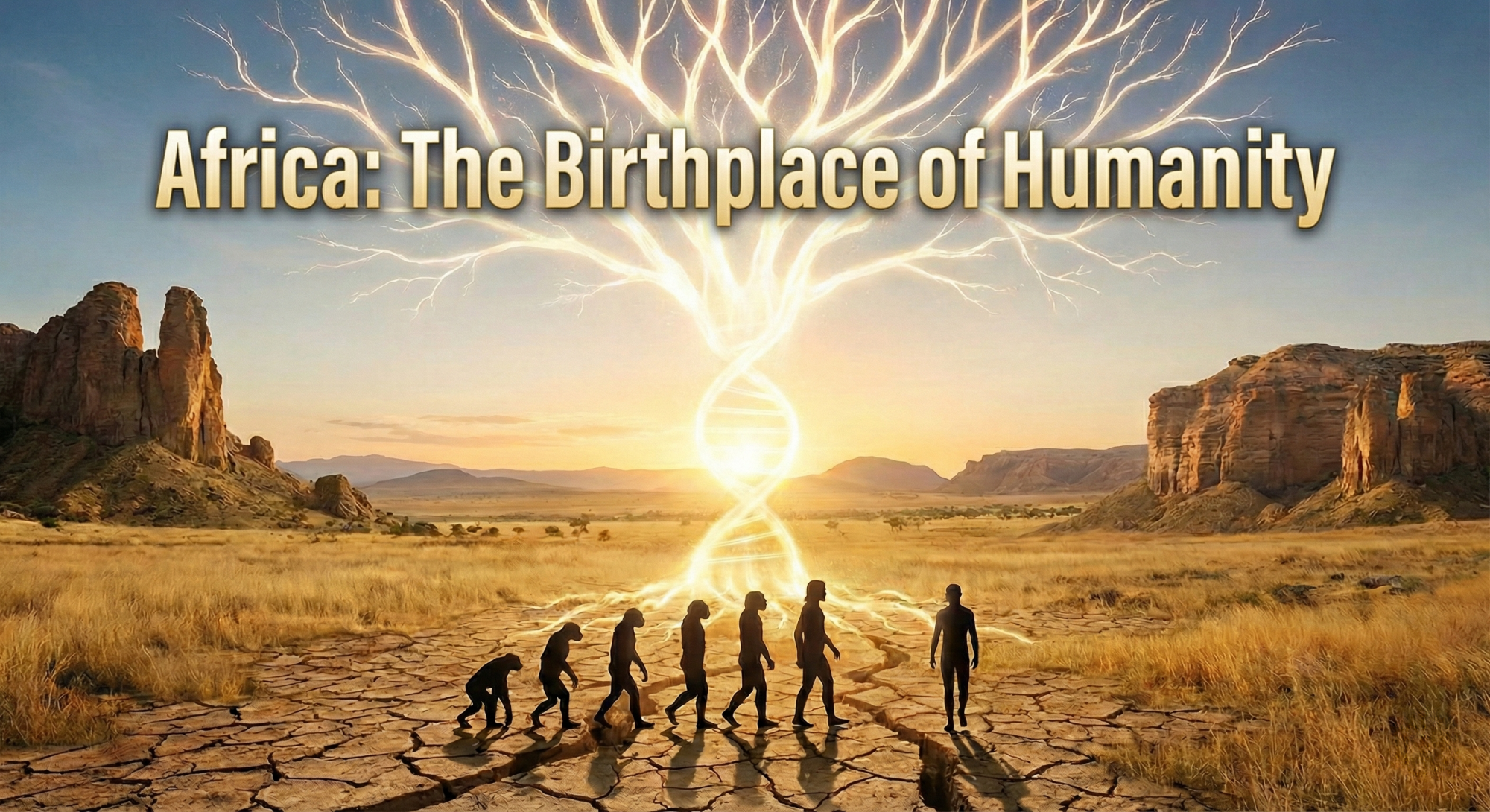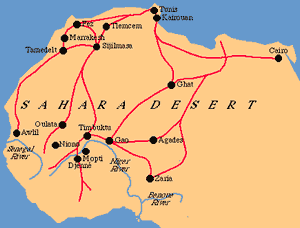Why Africans Must Stop Asking for Permission to Dream

Why Africans Must Stop Asking for Permission to Dream
Why do Africans still wait for validation to dream big? This article challenges the deep inferiority complex holding Africa back and calls for a new era of unapologetic ambition, from the continent to the diaspora.
The Hidden Enemy: Africa’s Battle with Inferiority Complex.
One of the greatest enemies of African progress today is not just poverty, corruption, or underdevelopment. It is something invisible, deep, and corrosive: the African inferiority complex. Generations of Africans, both on the continent and in the diaspora, have been conditioned to seek permission before dreaming big. From classrooms to boardrooms, from politics to entertainment, this quiet habit of waiting for validation kills more ideas than poverty ever could. If Africa is to rise, Africans must stop asking permission to exist boldly.
How the Colonial Mindset Created the African Inferiority Complex.
To understand why Africans sometimes shrink before the world, it is necessary to look back at history.
• Colonialism destroyed self-worth. Foreigners didn’t just take land and resources; they rewrote the story of Africa to make Africans believe they were incapable of self-rule or innovation.
• Missionary education erased identity. In schools, African children were taught foreign history, foreign heroes, and foreign philosophies while their own heritage was dismissed as “primitive.”
• The media reinforced stereotypes. For decades, global media portrayed Africa as riddled with famine, war, corruption, and poverty. Rarely as science, art, or power.
• Foreign aid shaped dependency. The narrative of Africa as “the continent in need” continues to fuel pity instead of respect.
This is why so many Africans, brilliant, capable, creative, still wrestle with self-doubt. The colonial mindset whispers: “You’re not enough until someone else says so.”
Signs of Inferiority: How It Shows Up in Everyday African Life
The African inferiority complex isn’t abstract. It shows up in painful, everyday ways:
• Silence in meetings. Many Africans second-guess their ideas, waiting for approval before speaking, even among other Africans, most times just because they have Foreign accents. That perception of Superiority that we accrue to the foreigners makes us feel that even some of us who act and dress like them are better than the rest.
• Hiding ambition. Instead of chasing bold dreams, too many chase “safe” jobs that fit expectations. We choose to play it safe because we are scared that even our own Brothers and Sisters would not accept our ideas if Foreigners do not validate them.
• Needing Western validation. Success feels incomplete until it’s recognised abroad.
• Diaspora identity struggles. Africans abroad often feel pressured to downplay their culture to fit in.
• Overcompensation with labels. Expensive brands, foreign degrees, or Western accents become tools of validation.
• Artistic censorship. African Creatives sometimes water down authentic stories to “fit” global tastes.
Each of these is part of the symptoms of a continent still asking: “Am I good enough?”
Why This Inferiority Complex Is Costing Africa Billions
Inferiority is not just emotional; it’s economic sabotage.
• Brain drain. Africa loses talent every year because gifted people believe success can only be validated abroad. According to the African Union, around 70,000 skilled professionals emigrate from Africa annually.
• Dependence on imports. Instead of manufacturing locally, Africa imports products it could easily produce, because “foreign” is still considered superior.
• Stunted entrepreneurship. Many startups never scale because founders wait for Western investors instead of building strong African-led capital networks.
• Weakened leadership. If leadership is always judged by Western approval, authentic African leadership models get sidelined.
The result? Africa remains the supplier of raw talent and raw materials while others reap the wealth.
The African Diaspora and the Double Burden of Validation
For Africans in the diaspora, the inferiority complex takes a unique form:
• Assimilation pressure. To “fit in,” many tone down accents, cultural practices, or even names.
• Validation hunting. Achievements abroad become a way to prove worth back home, not necessarily to empower.
• Transactional ties. Diaspora often send remittances, but fails to send skills, networks, or scalable investments.
The African diaspora must shift from performing for Western validation to building sustainable bridges with Africa. The diaspora is not just a “remittance engine.” It is Africa’s secret weapon for knowledge transfer, investment, and global influence.
Why African Women Face the Hardest Permission Battles
The African inferiority complex has a sharper edge for women. Societal expectations often tell African women, “Be excellent, but not too ambitious. Be strong, but not too loud.” This double standard makes women shrink their dreams even further. But history is clear: from Queen Nzinga of Angola to today’s African women entrepreneurs, women have always been central to African survival and growth. Empowering African women to dream boldly without permission is not charity. It is a strategy. No nation rises without the full liberation of its women.
Breaking the Cycle: How Africans Can Stop Asking for Permission
The antidote to this inferiority complex is not more motivational speeches; it’s practical action.
1. Reclaim African history in schools. Children must learn about African kingdoms, scientists, and inventors alongside global figures. A child who knows about Imhotep, Mansa Musa, and Wangari Maathai will not feel “less than.”
2. Celebrate African wins loudly. Make local innovation the headline. Share stories of African startups, artists, and community projects with the same pride we reserve for foreign recognition.
3. Build African capital networks. Stop waiting for Western venture capital. Pool diaspora wealth, create regional investment funds, and back African entrepreneurs.
4. Normalise cultural pride. From clothing to languages to spiritual practices, Africans must normalise authenticity. Culture is not a costume; it is an economic and social asset.
5. Demand policy change. Governments must create sovereign wealth funds, support local industries, and push for fair trade instead of aid dependency. Policy must shift dreaming from “reckless” to rational and reward.
Success Stories That Prove Africa Doesn’t Need Permission
• Afrobeats. Nigerian music took over the world not because it asked, but because it demanded space. Now BurnaBoy, Wizkid, and Tems sell out stadiums globally.
• Fintech in Kenya and Nigeria. From M-Pesa to Flutterwave, African entrepreneurs built billion-dollar solutions to African problems.
• Nollywood. Against all odds, Nigeria created the world’s second-largest film industry without waiting for Hollywood’s approval.
These are not miracles. They are proof of what happens when Africans stop asking for permission.
Africans, This Is Your Call to Dream without Fear
Africans at home: stop apologising for your ambition. Build businesses, run for office, start movements, and tell your stories. Africans in the diaspora, stop treating Africa like a side project. Bring your skills, networks, and capital home. You are not outsiders; you are extensions of Africa’s strength. African women, the future waits for your full power. Don’t shrink it. African youth, your impatience is medicine. Don’t dull it.
Practical checklist for the next 30 days
Want a compact starter pack? Do these:
1. Read one African history book you never read in school. (Not a summary, read an original account.)
2. Tell one story of local resilience on social media, tag the person or community.
3. Start or join a mentorship circle one hour a week. Teach or learn.
4. Invest one small amount (€100–$500) in a local creator or business via a trust-friendly platform or community fund.
5. Speak up once in the next meeting when you have an idea. Don’t ask for permission, ask for feedback.
Tiny moves compound into courage.
Final Word. Africa Will Not Be Free Until Africans Dream Freely
The fight against the African inferiority complex is not about ego. It is about survival, dignity, and freedom.
The next African renaissance will not come from aid, pity, or permission slips. It will come from Africans who refuse to wait for validation before they build, create, and lead. So dream. Loudly. Boldly. Unapologetically. The continent is waiting, and this time, we’re not asking for permission.


